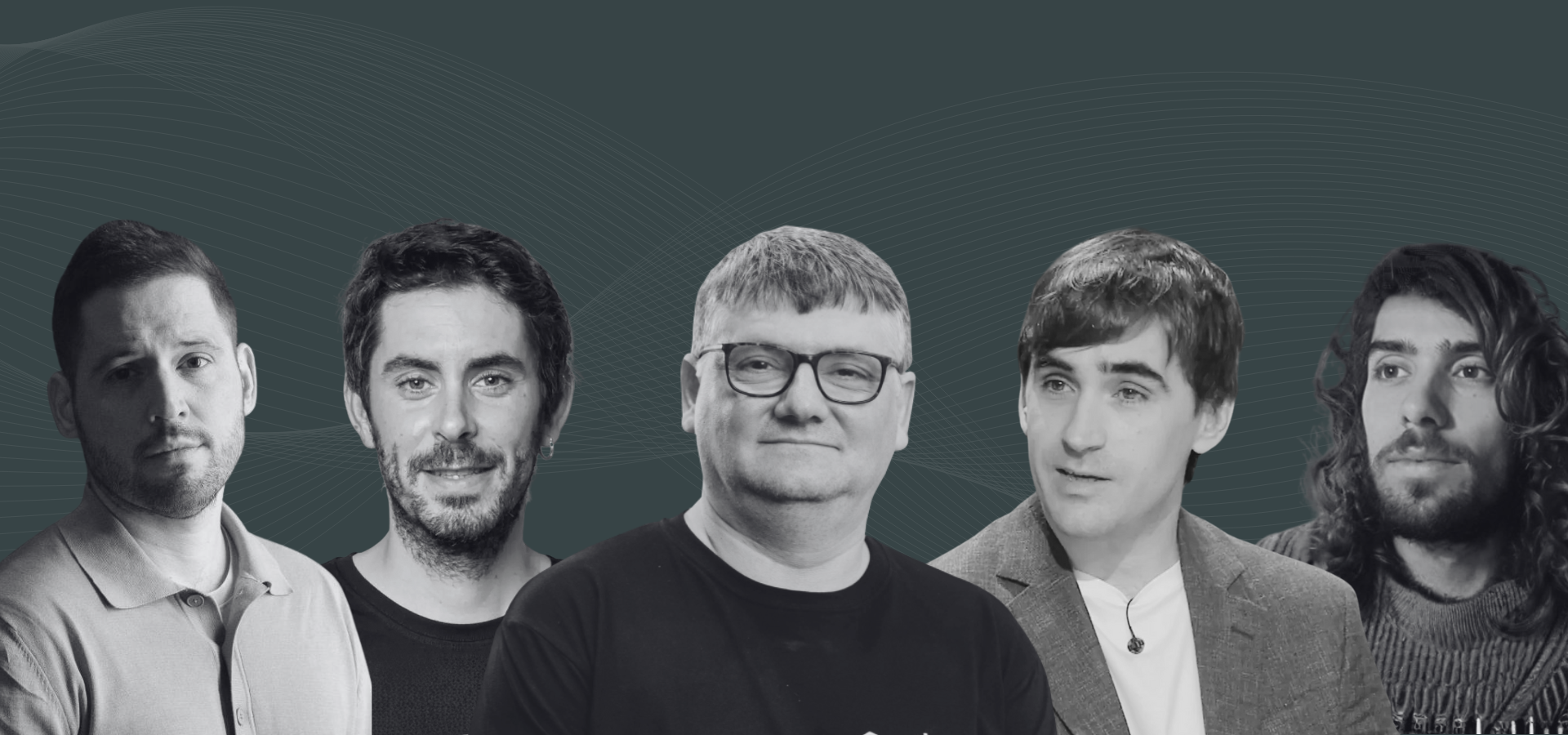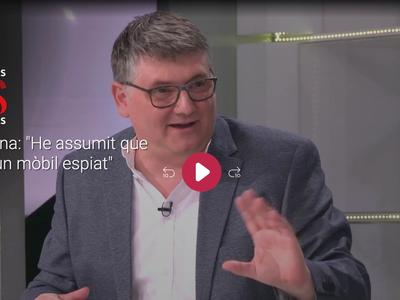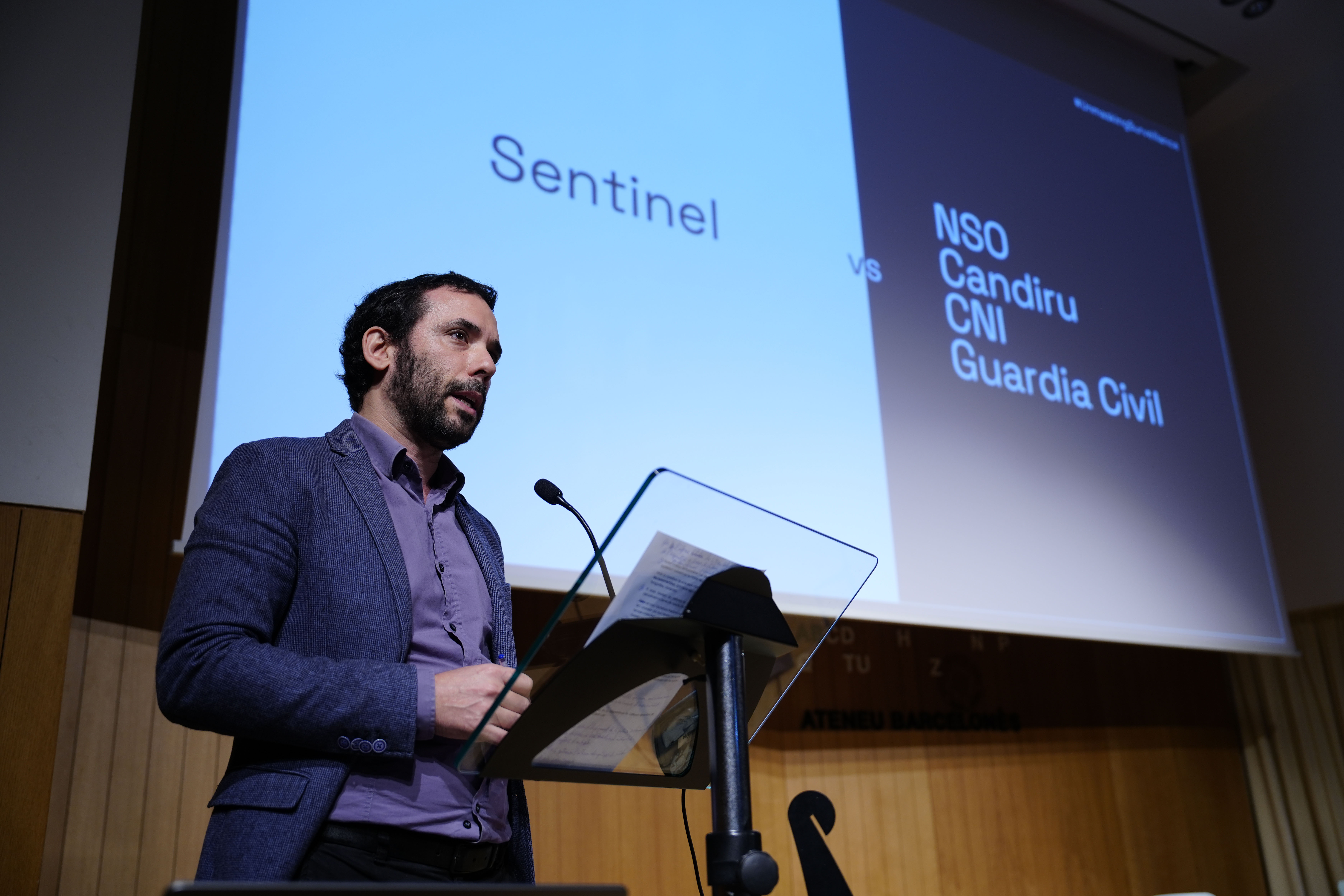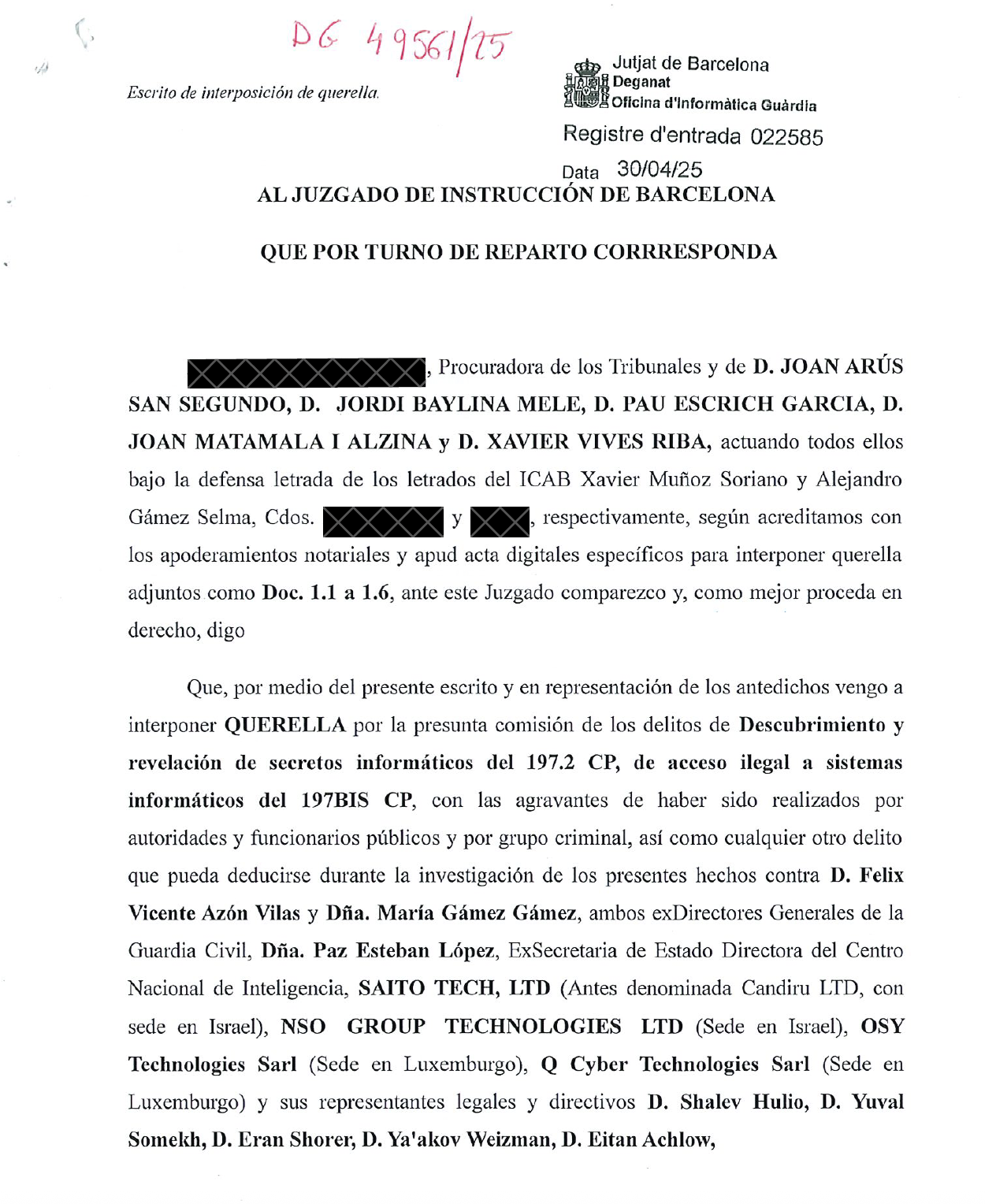Between 2019 and 2020, Spanish intelligence agencies targeted open-source software developers and blockchain advocates: Joan Arús, Jordi Baylina, Elies Campo, Pau Escrich, Joan Matamala and Xavier Vives. They were attacked with military-grade Pegasus and Candiru spyware for their work on privacy-centric protocols.
The state's pretext: "national security," supported by alleged terrorism charges that carried a potential 12+ years in prison.
The surveillance was total. They were physically followed for months. Their phones and laptops were hacked; their communications, intercepted. Their families were targeted.
Every professional and personal file was exfiltrated without consent. The operation was also transnational: Jordi Baylina was illegally targeted while residing in Switzerland.
The exfiltrated data was used to build a secret case against them. It was then illegally leaked to mainstream press in a coordinated campaign to frame them as terrorists.
Their alleged crime? Building neutral, privacy-centric, open-source protocols for decentralized identity and voting.
For two years, they were denied access to the case, learning of their status as "terrorist suspects" only through the press.
The investigation was eventually archived. No charges were ever filed.
To this day, Spanish authorities have never acknowledged the illegal surveillance nor provided restitution to the victims.
On April 30, 2025, the developers went on the offensive. They filed a landmark criminal complaint against Spain's CNI, Guardia Civil, NSO Group, Candiru Ltd., and their executives to seek accountability.
On September 15, 2025, a Barcelona court accepted the case for prosecution.
This is a battle against a state-sponsored playbook designed to criminalize the very right to build open-source software.
This fight is for the future of open-source development. Help us win it.


















